I just came back from a 90-mile bicycle ride from Port Townsend to La Conner and back and thought some of you might enjoy another historic cycling article. (Pictures from some of my recent trips can be seen down below the article.)
Incidentally, if you're interested in Victorian bicycles, my husband and I will be showing our presentation, "An Ordinary Bicycle: The fascinating way in which the Wheelmen changed our world" on Saturday, June 7th at Village Books in Bellingham, WA. Hope to see some of you there! -SC
By Mary L. Bisland
Godey's Magazine, 1897
If in an assemblage of women to-day we should be asked to name the most precious acquisition by the sex in this century, the majority of shrilly-sweet voices would be lifted up - not in favor of the approaching privileges of the ballot, O earnest lady suffragist; nor yet, Minerva, in advocacy of the advantages of higher education. Those are great and glorious blessings, but there is something women of every class have learned to prize as a shorter road to freedom than wide, welcoming college doors, or open gateways to the polls. In possession of her bicycle, the daughter of the nineteenth century feels that the declaration of her independence has been proclaimed, and, in the fulness of time, all things will be added to complete her happiness and prosperity.
The fact is patent, that in three years' time the bicycle has created, not only a revolution, but a revelation in the thoughts and actions of our worthy female citizen. It is the actual medium through which the "new" woman has evolved herself: the truly new woman, who builds her intellectual, after her muscular strength has been developed, who builds her muscular strength on outdoor exercise, and who has accepted the new means of exercise without any of those doubts as to to its efficacy and purity that naturally assailed the feminine mind in the other paths of advancement...
The world is a new and another sphere under the bicyclist's observation. Here is a process of locomotion that is absolutely at her command, a little light machine of steel and rubber that she can lift in her arms, that has greater staying powers than a horse, that is all her own, and at her will must halt or advance, speed like the wind or jog on at an even pace. The magic carpet possessed no higher virtues. Once in the saddle, the rider is on absolute equality with any man, needs no assistance in or out of her seat, and, while she rides at as rapid a gait as her masculine companion, loses not one of her feminine perogatives. The road is as open to her as to him, and she is dependent on no strength or encouragement but her own. For the first time in the memory of her sex she is an absolute free agent, and yet a woman still. She has lost nothing in in grace, in womanliness, in her claims on courtesy, admiration, chivalry, and her thousand and one inalienable rights. This fact alone is a sufficiently strong recommendation of the bicycle to every girl who loves pleasure.
But there are greater gains added at each revolution of the pneumatic tires, by which the coming woman is going to profit in all avenues of advancement. Primarily, in reckoning up the plain, practical advantages of the wheel among women, its physical profits exceed all others. What is true of nations is true of sexes - that without physical strength no victories can be won. For a time - and a most anxious period it was - the growth of intellectual efforts, and the ambitions and professions adopted by women, threatened to allow their minds to outrun the growth of their bodies. The opening of new and almost purely sedentary employments for women, and the increase in educational exactions, threatened dire results for the physical condition of our girls and matrons. Where their grandmothers, with broom and duster and stirring spoons, used to work up a capable amount of muscle, scientific methods have minimized household duties to the merest formalities, and even the gymnasium failed to counteract the steadily increasing epidemic of nerves. At colleges and in towns the gymnasium offered only indoor exercise, not only failing to interest the average woman, but savoring too much of labor, obligatory and costly. A cruel, sedentary existence was promising to cast a melancholy pall over both the working girl and her sister of leisure.
Right at this crisis, when everyone was prognosticating the evils of extending the liberties of modern civilization to women, two wheels, a saddle, and a pair of pedals bowled to the rescue. And how opportunely the bicycle came! If the bicycle is to be valued for nothing else, let us remember that it has been the means of carrying women into the open air; and that to speed it, meant active use of long torpid feminine muscles. There is really no estimating its economic advantages on this score alone.
The bicycle is, and promises more than ever to be, the very mainstay of health and pleasure to that great factor in modern life, the bread-winning woman. Leaving her desk, her sewing-table, her counter, or school-room, this worker knows, with unerring instinct, where she will soonest find the quickest reaction from her mental and bodily fatigue. Her bicycle is her first thought, her sweetest refuge. Once in her saddle, the world of petty cares runs behind her like the road she travels. It is no use on your wheel to ponder over vexing questions and the irritating worries of the day. While you roll rapidly along, a brand new set of nerves and interests is quickened. You must keep your eye on the path and take heed of your surroundings. At every turn of the rubber tires fresh fields and pastures new are revealed, fresh oxygen whips up the blood, and from crown to toe the sinews spring back and forth in obedience to new motions. One's voluntary inclination is for speed, and speed means accelerated circulation and a sense of mental buoyancy that purifies the brain of its ill humors. One may ride five miles or fifteen, but at the end of one's jaunt the discontent with which drudgery clouds the impressionable mind is superseded by a wholesome calm of philosophy and cheerful resolution. The world of tasks is more pleasant to endure, and fuller of compensations. Given a holiday, the average working girl prefers to spend it on her machine, in the sunshine and open air, and thus the city toiler is brought into close communion with the country. The bread-winner with a vacation who goes abroad can study her Europe bit by bit from the white high-roads where she cycles, and extends her travels at small expense.
Truly there seems no higher mission for the bicycle to accomplish than this, and yet it is not only the medium of travel and pleasure to the working woman. One enthusiastic woman, who climbed out of an invalid's bed to try a bicycle as a desperate resort, has gallantly taught her three tiny daughters to ride, in pursuit of her well-demonstrated theory that half the illnesses of women in this generation are the direct lack of out-door exercise. She would empty half the infirmaries of their weekling [sic] feminine inhabitants and cure them in a few spins about the park. Her theory in action would put every new woman on a bicycle, as soon as she could toddle from her cradle, for, by raising, stout, handsome specimens of womanhood, the wheel is bound to play an important part in the building of the next generation. It will cut down their chances of nervousness and dyspepsia by half, double their lung power, treble their muscular force, and help them to the acquirement of the natural bodily grace, that are the prime requisites in the make-up of our ideal female of the future.
It has been computed by learned statisticians that when we turn the nineteenth-century mile-post to begin a new era, at least one-third of the female population of our States will own and ride their own bicycles. This is calculated on the basis of the manufacturers' present sales, where the demand for women's wheels over those for men is almost two to one, and where the manufacturer receives nearly every day advice, commands, and sensible suggestions from women as to the improvement of their machines. This shows how the woman's interest is waxing instead of waning, and, taking the statisticians' assertion for an excuse, it is hardly an exaggerated fancy that paints the women of two thousand and fifty, every one taking her bicycle as much a matter of course and necessity as food and clothing. Why should she not, when already the bicycle has established a wonderful democracy among women, who ride it winter and summer, rain and shine, for ills and for pleasure? The damsel who is the heiress to millions will stop at any time in the roadway to exchange points and bicycle gossip with the maiden who sells hairpins over the counter, and the white-haired venerable, with a score of grandchildren to her credit, never ceases to smile as she spins along the turn-pike as briskly as a girl. The limp, consumptive-looking individual is as thoroughly recognized in her efforts as the matron who tips the scale at a hundred and ninety, and this is as wholesome a sign among women as the health and pleasure accruing from the sport.
Were the gift given us to look a bit into the future, what should we probably find the middle-of-the-twentieth-century girl wearing on her wheel - bloomers, very short tunics, or trouserettes and similar abominations in the sight of grace and sweet femininity? Not if she is the direct descendant of her nineteenth-century grandmother, who here in these United States, spite of talk to the contrary, and of the efforts of fashion, still sticks to her traditions and her skirts. Long may they wave, the petticoats in modest ankle-length folds of brown cloth or gray, since those are the best colors for cycling! In time may petticoats triumph over the women who fail to recognize that bloomers are too great a sacrifice for our sex ever to make, and that in skirts only can they maintain at once in the eyes of men their womanliness and their independence.
Beyond all doubt the twentieth-century girl will recognize this just as she will realize that to ride at once healthfully and well no woman should ever push her speed to the limit of her strength. There it becomes an engine of destruction. Only the exceptional woman can stand a trial of strength, or educate her body beyond a point of well-proportioned vigor. It is the extra heart-beats that hurt, and the over-tense muscles that destroy poise and rounded proportion and stunt the proper growth that easy motion gives. The woman's bicycle is built for easy trips at moderate speed, and unless so treated it will not prove to be what it now promises to become - the Pegasus on which the sex will one day ride into the fulfillment of all its dreams of universal health and beauty.
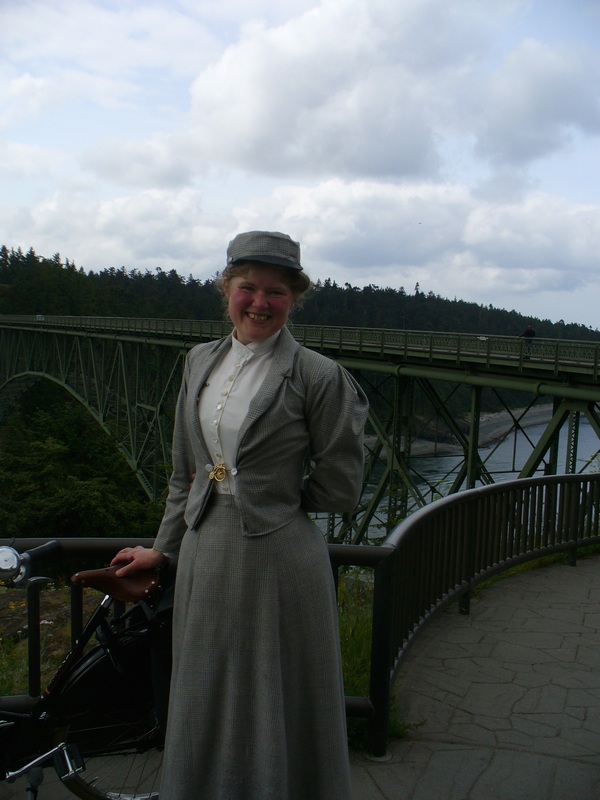



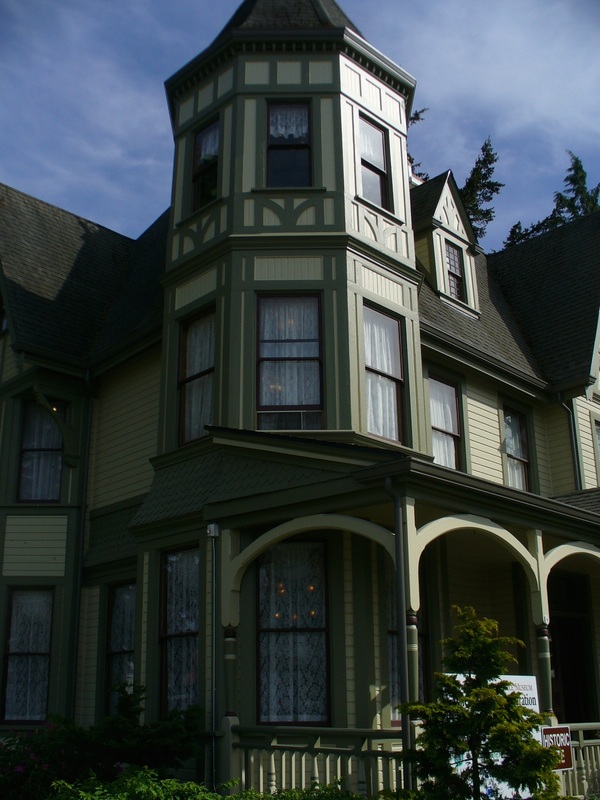
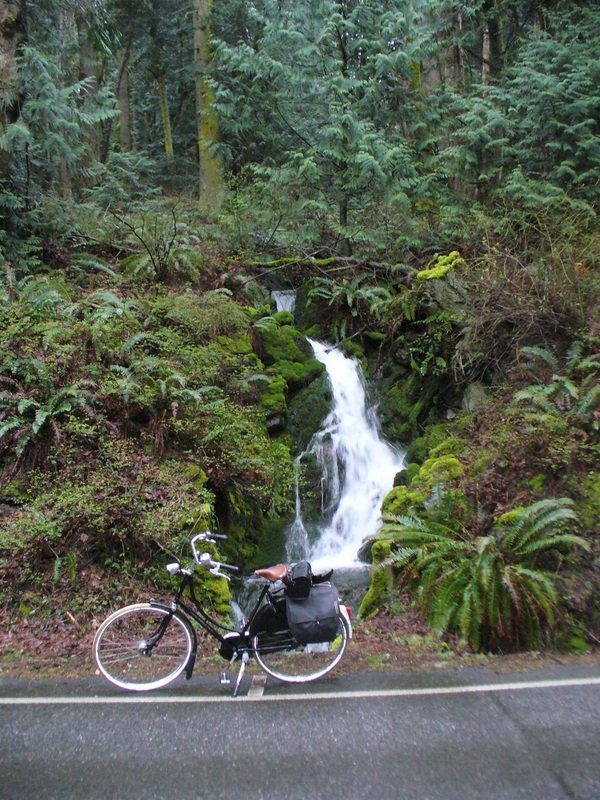
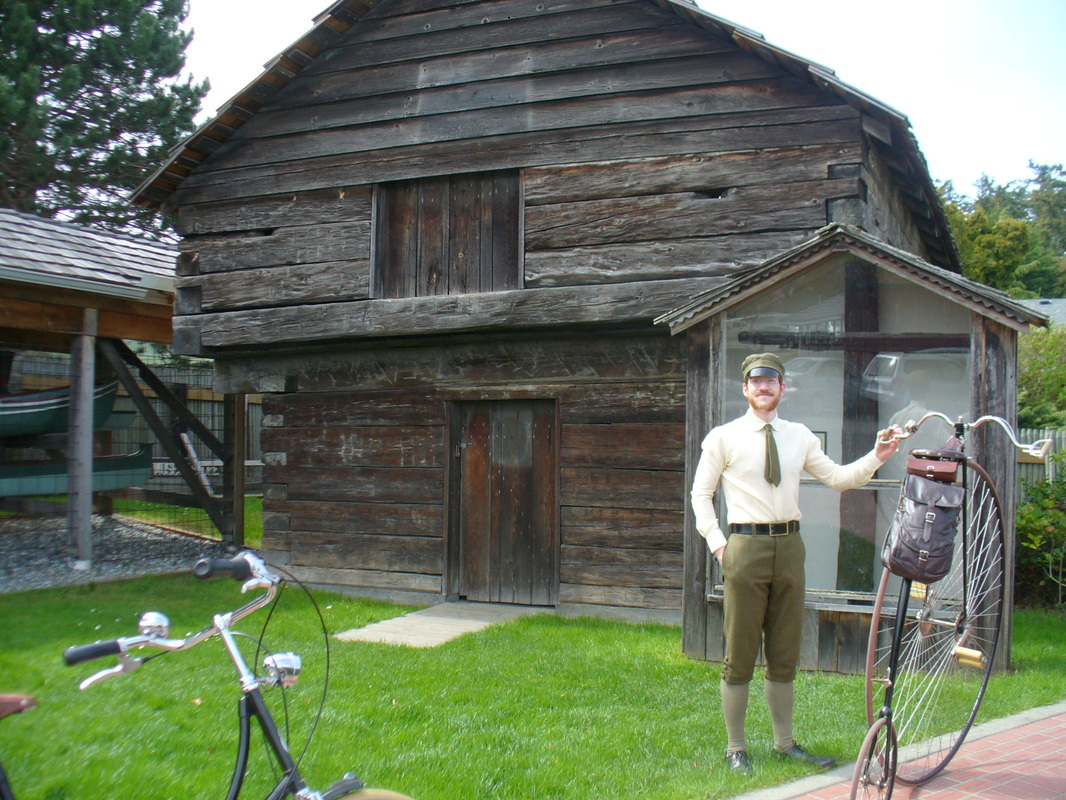
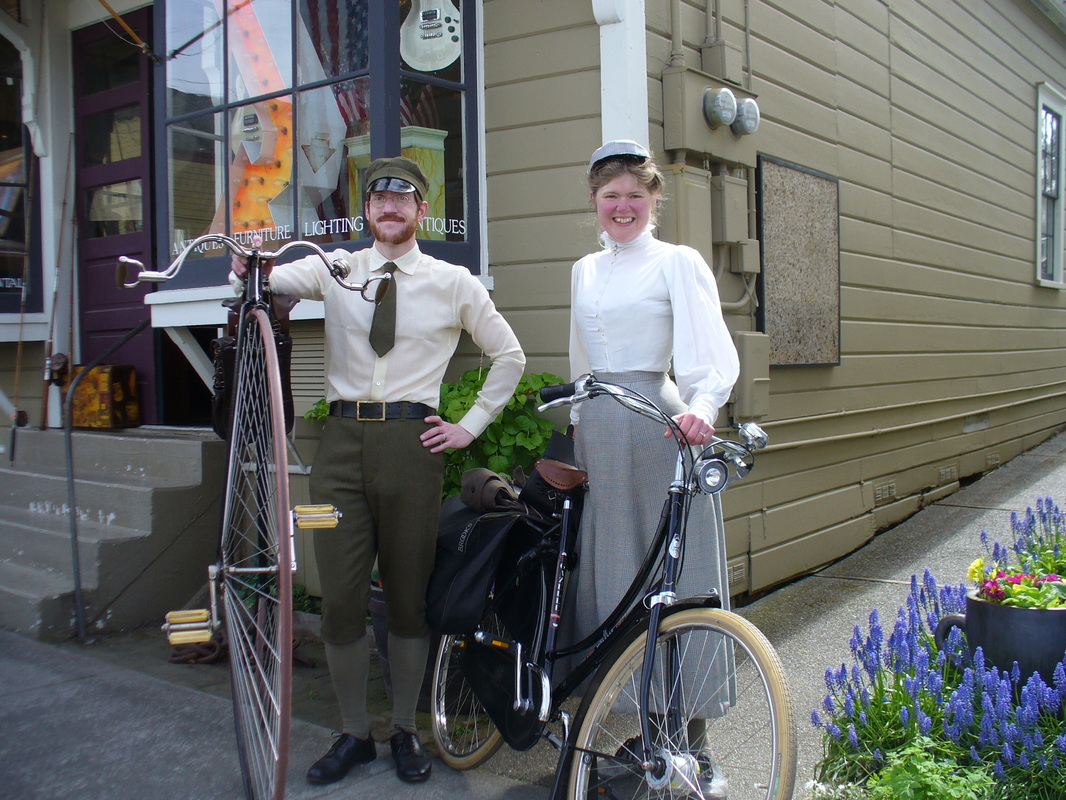
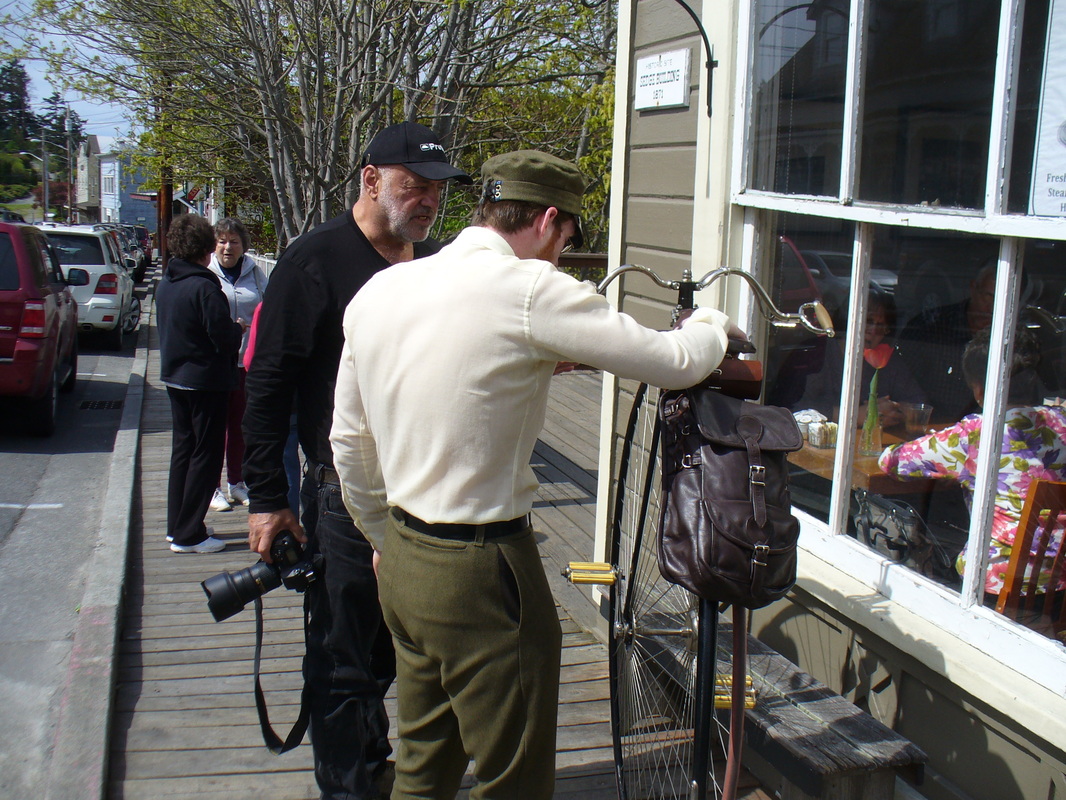
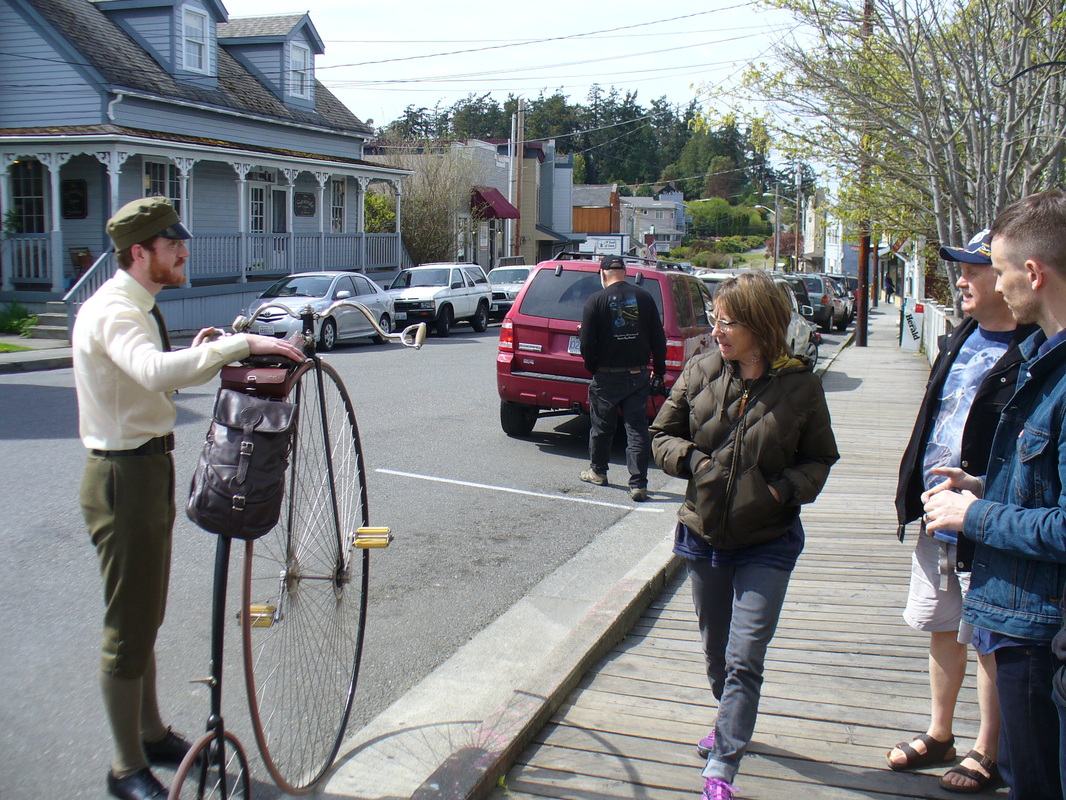
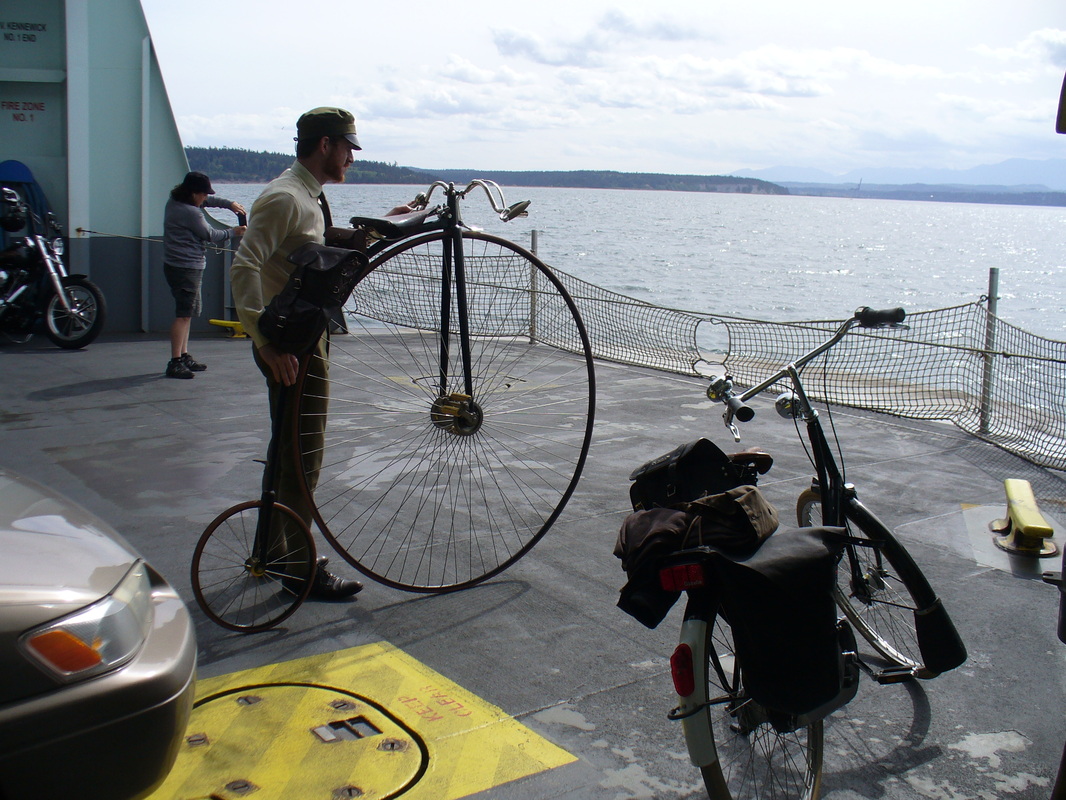
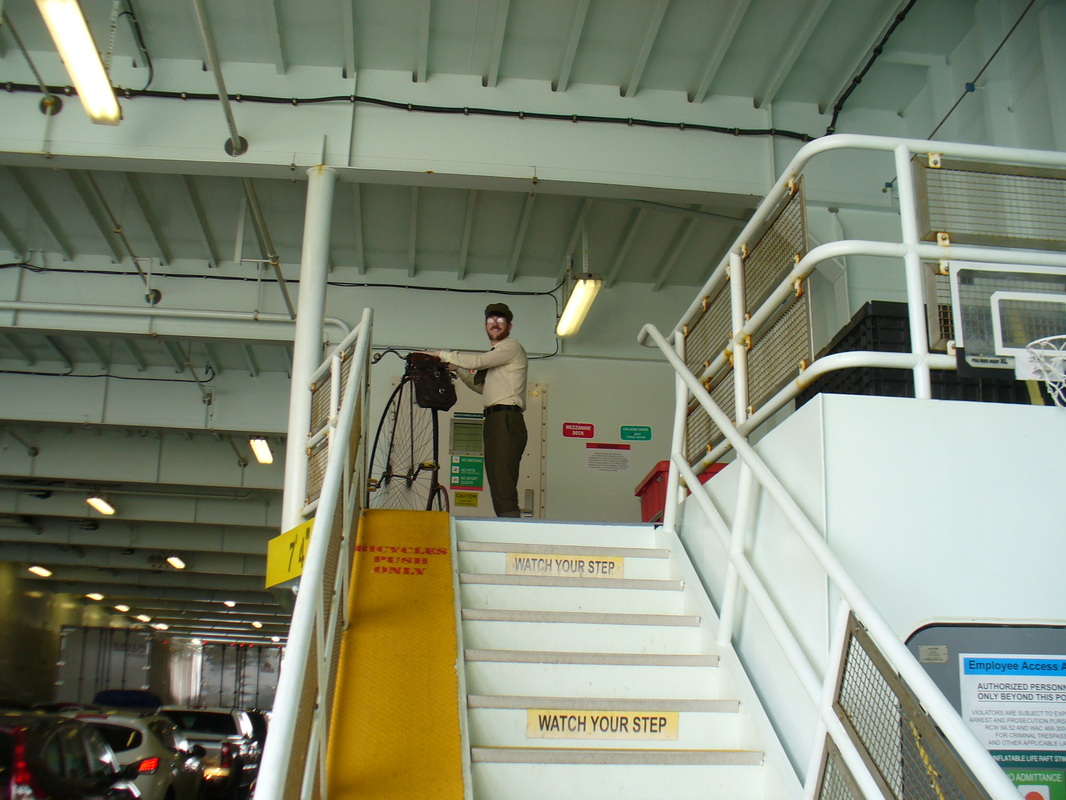
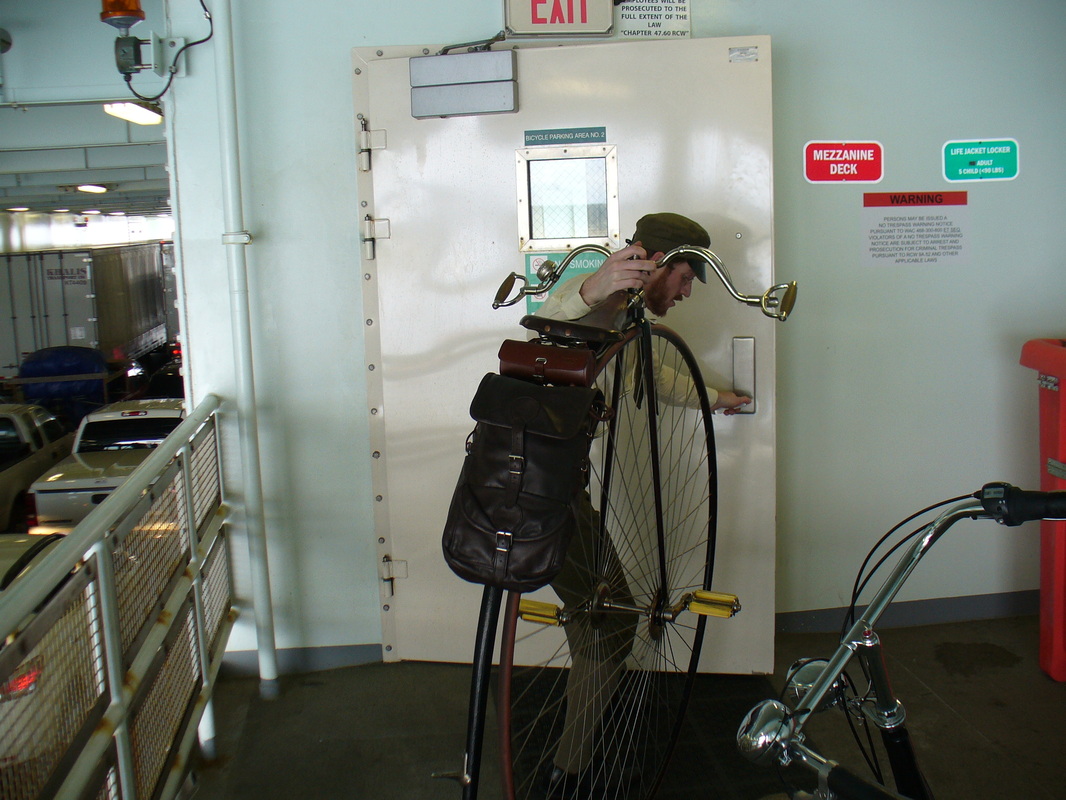
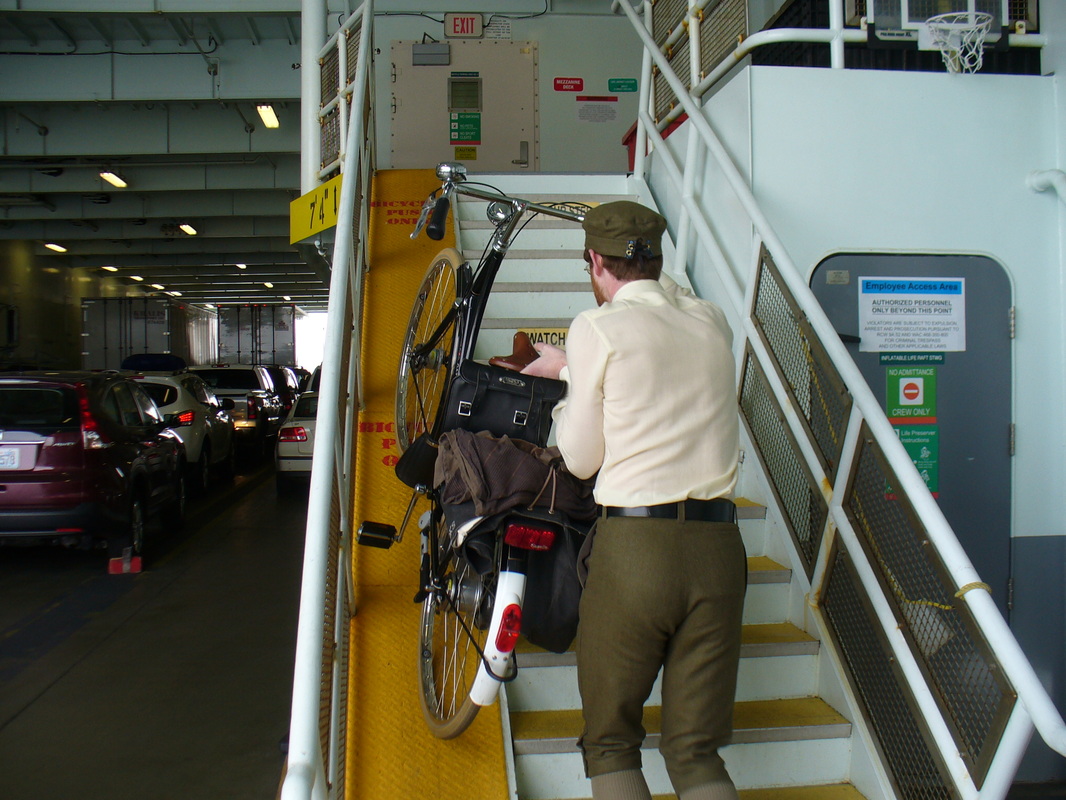
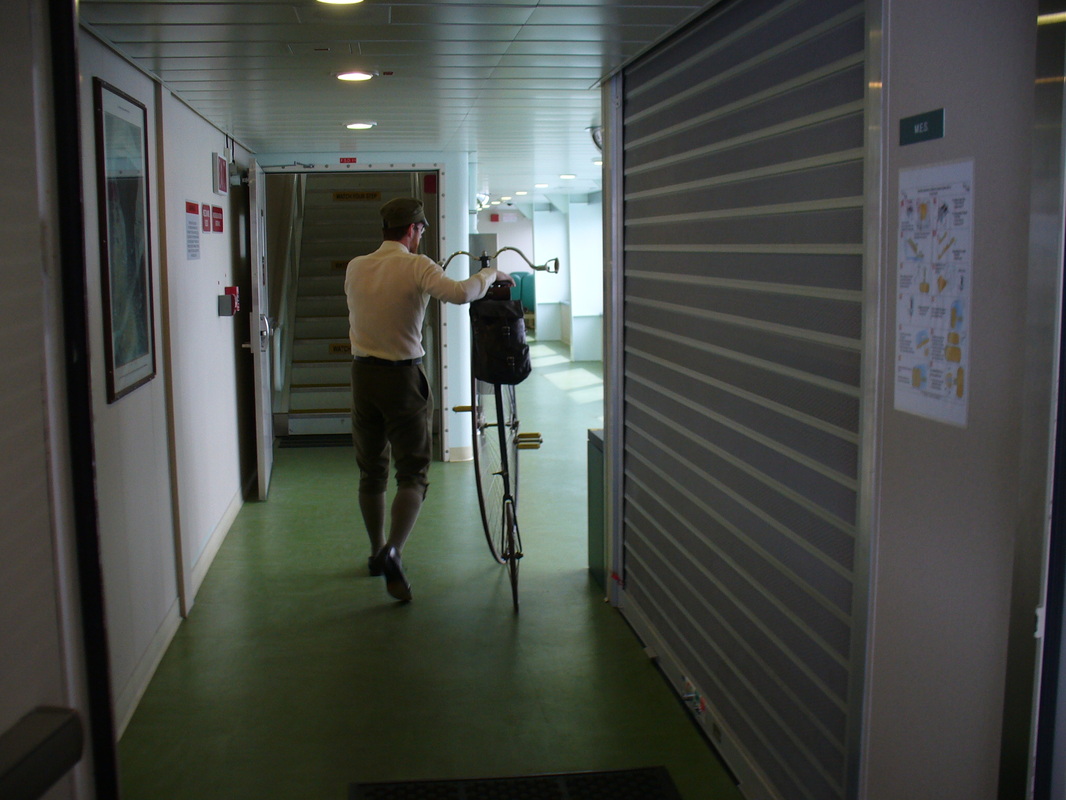
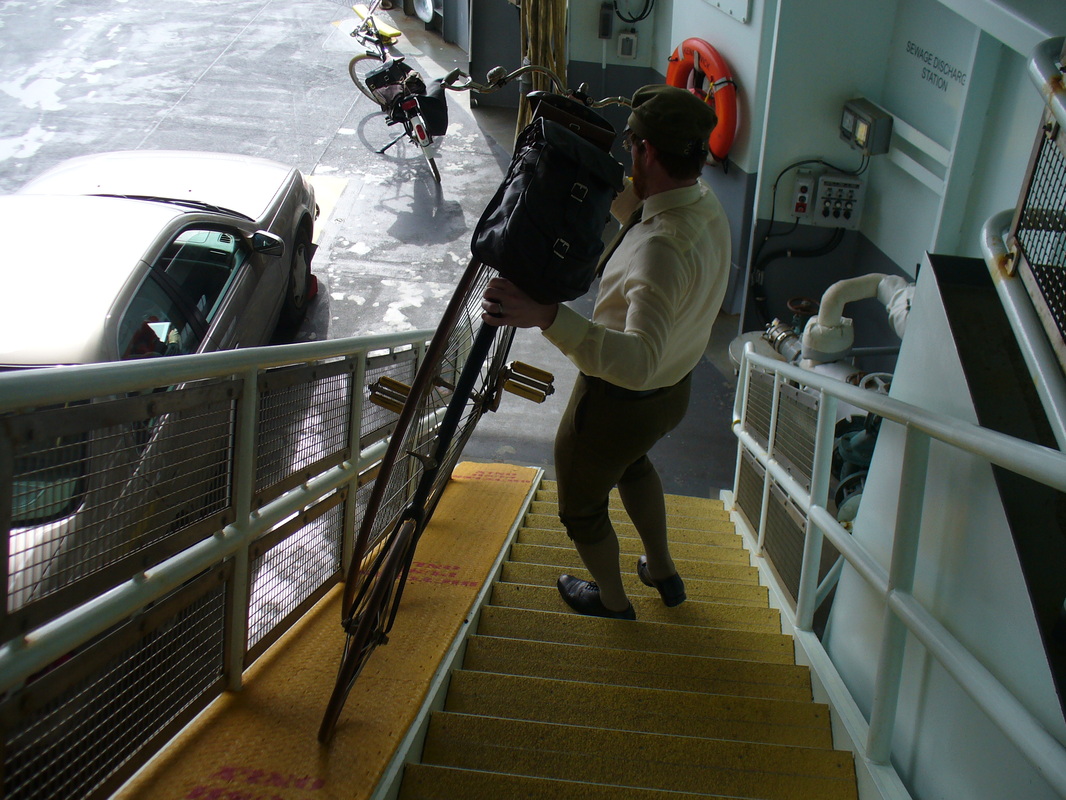
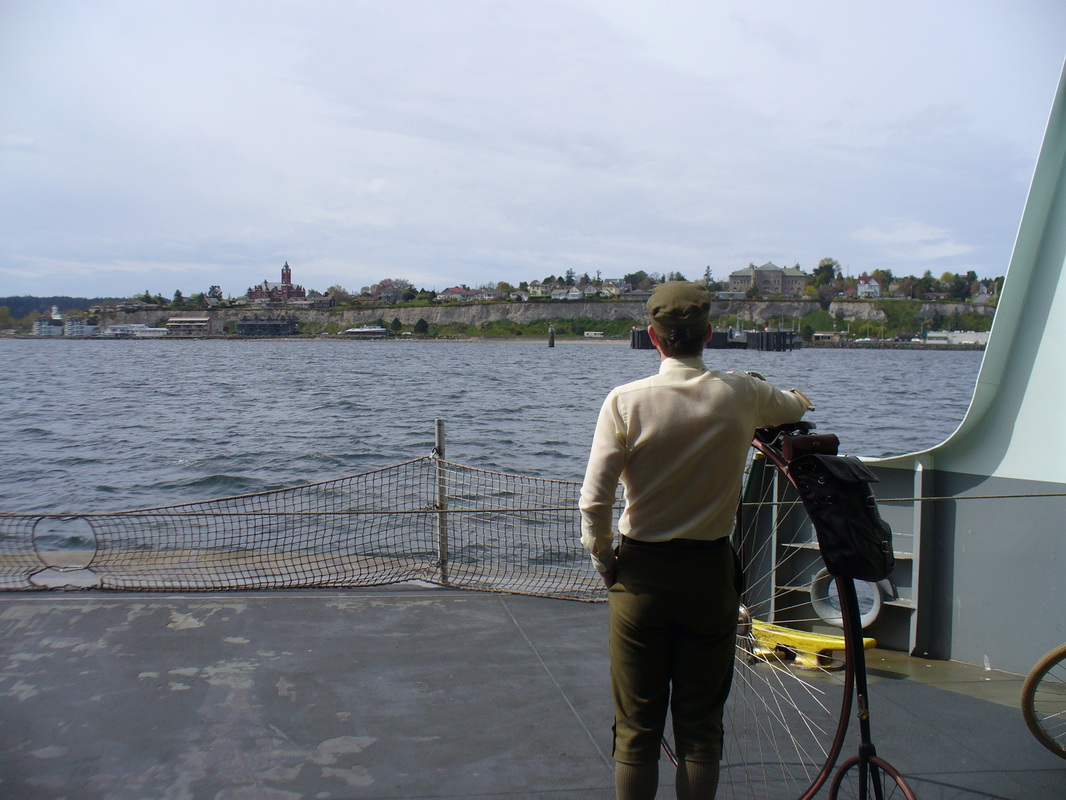
 RSS Feed
RSS Feed